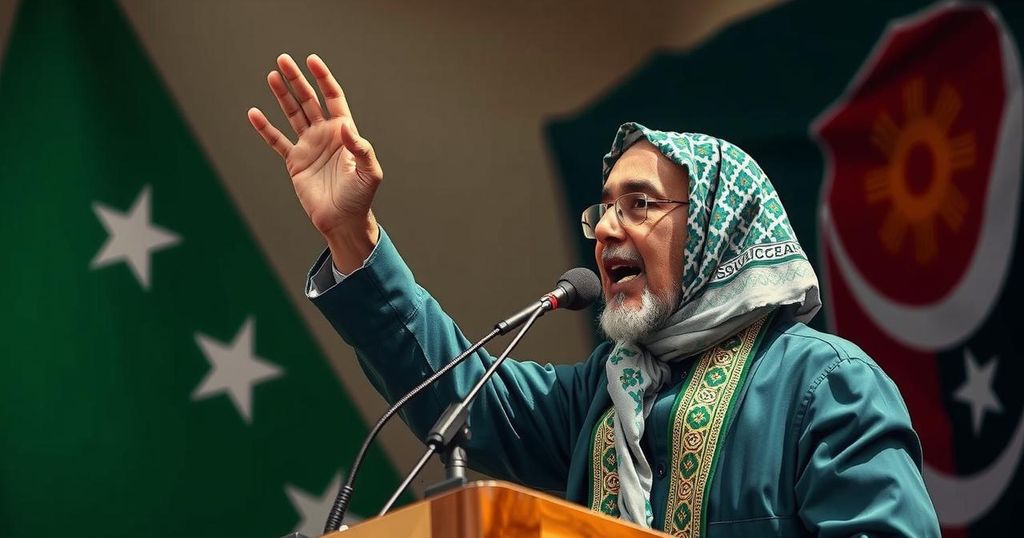Abdullahi Wins Presidential Election in Somaliland, Aims for Recognition
Abdirahman Mohamed Abdullahi, leading the Waddani Party, has won the presidential election in Somaliland, securing approximately 64 percent of the vote against incumbent President Muse Bihi Abdi. The election, delayed for two years, focused on economic recovery and the pursuit of international recognition for Somaliland, which remains unrecognized despite its stable governance since declaring independence in 1991.
Abdirahman Mohamed Abdullahi, known as Irro, has emerged victorious in the recent presidential elections of Somaliland, securing approximately 64 percent of the votes, according to reports from local media and the Associated Press. This election saw Irro, the leader of the opposition Waddani Party, defeating the incumbent, President Muse Bihi Abdi of the Kulmiye Party, who garnered about 35 percent of the ballots cast. The elections, postponed for two years due to financial challenges, were pivotal as both candidates promised to rejuvenate Somaliland’s struggling economy and seek international recognition for the self-declared republic. Somaliland, which declared independence from Somalia in 1991 amid civil conflict, has established a stable political framework, functioning with its own government, currency, and security forces. Despite these developments, it remains unrecognized by any nation, which severely limits access to international financial assistance and hinders the mobility of its six million citizens. The newly elected government, based in Hargeisa, aims to finalize a contentious agreement with Ethiopia, allowing the latter access to the sea, which has sparked concerns regarding Somalia’s territorial integrity. Additionally, there are hopes that the incoming U.S. administration may reassess Washington’s longstanding position favoring Mogadishu over Somaliland, with several former officials advocating for recognition of the breakaway region.
The political landscape in Somaliland has been marked by a quest for international recognition since its declaration of independence in 1991. Unlike Somalia, which has grappled with security issues and governance challenges, Somaliland has maintained a functioning administration and societal stability. The geopolitical dynamics also play a significant role, as Somaliland’s relationship with Ethiopia is intertwined with broader regional security concerns and international diplomatic relations. The recent election demonstrates the populace’s desire for leaders who can effectively address economic hardships and advocate for greater legitimacy on the world stage.
The election of Abdullahi marks a significant transition in the leadership of Somaliland, bringing renewed hope for efforts towards international recognition and economic revitalization. His victory accentuates the electorate’s desire for change and points to future engagements with regional powers such as Ethiopia and the broader international community. As Somaliland navigates the complexities of its self-declared sovereignty, the implications of this election could markedly influence its diplomatic endeavors and internal stability.
Original Source: www.aljazeera.com




Post Comment